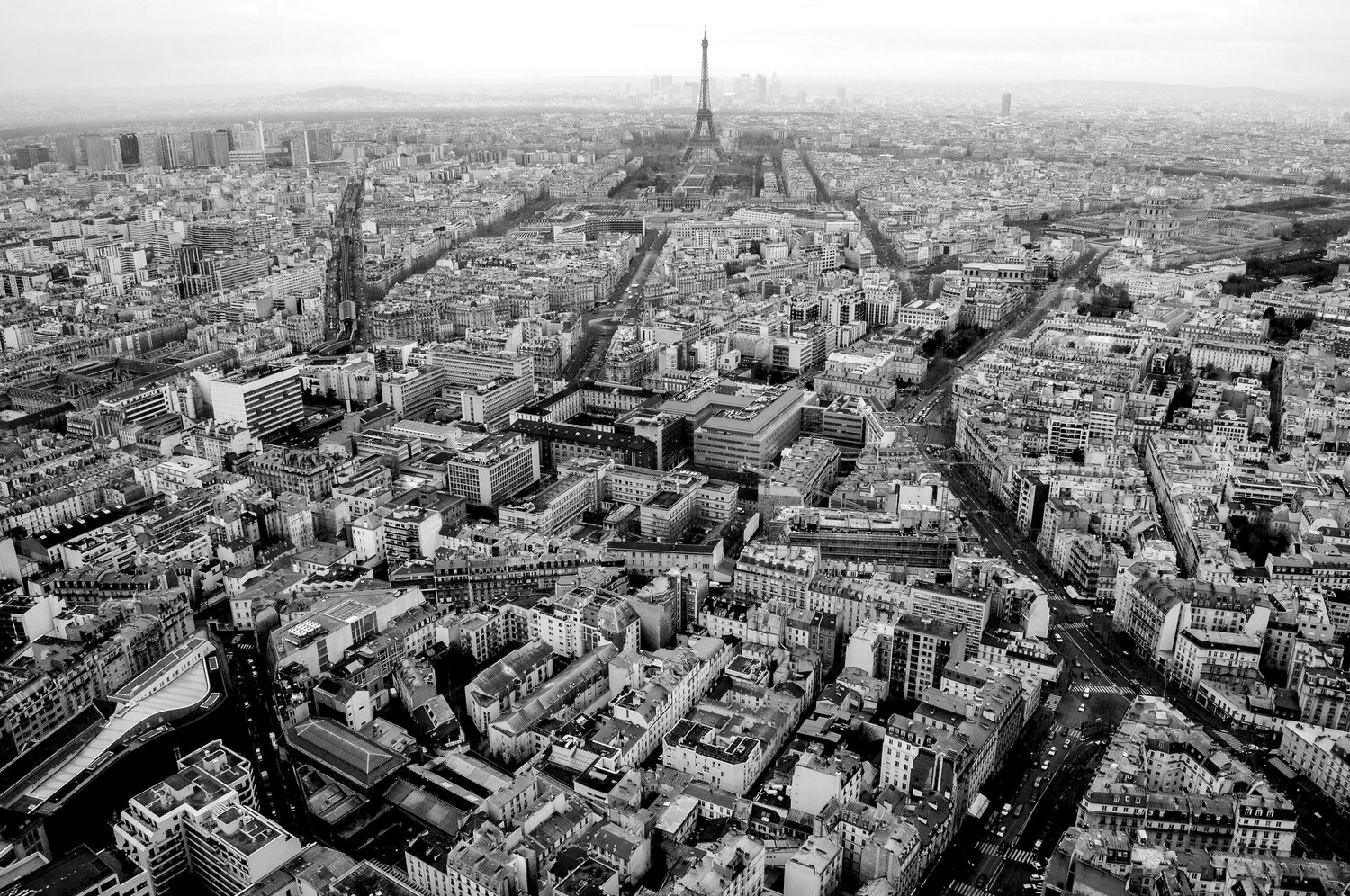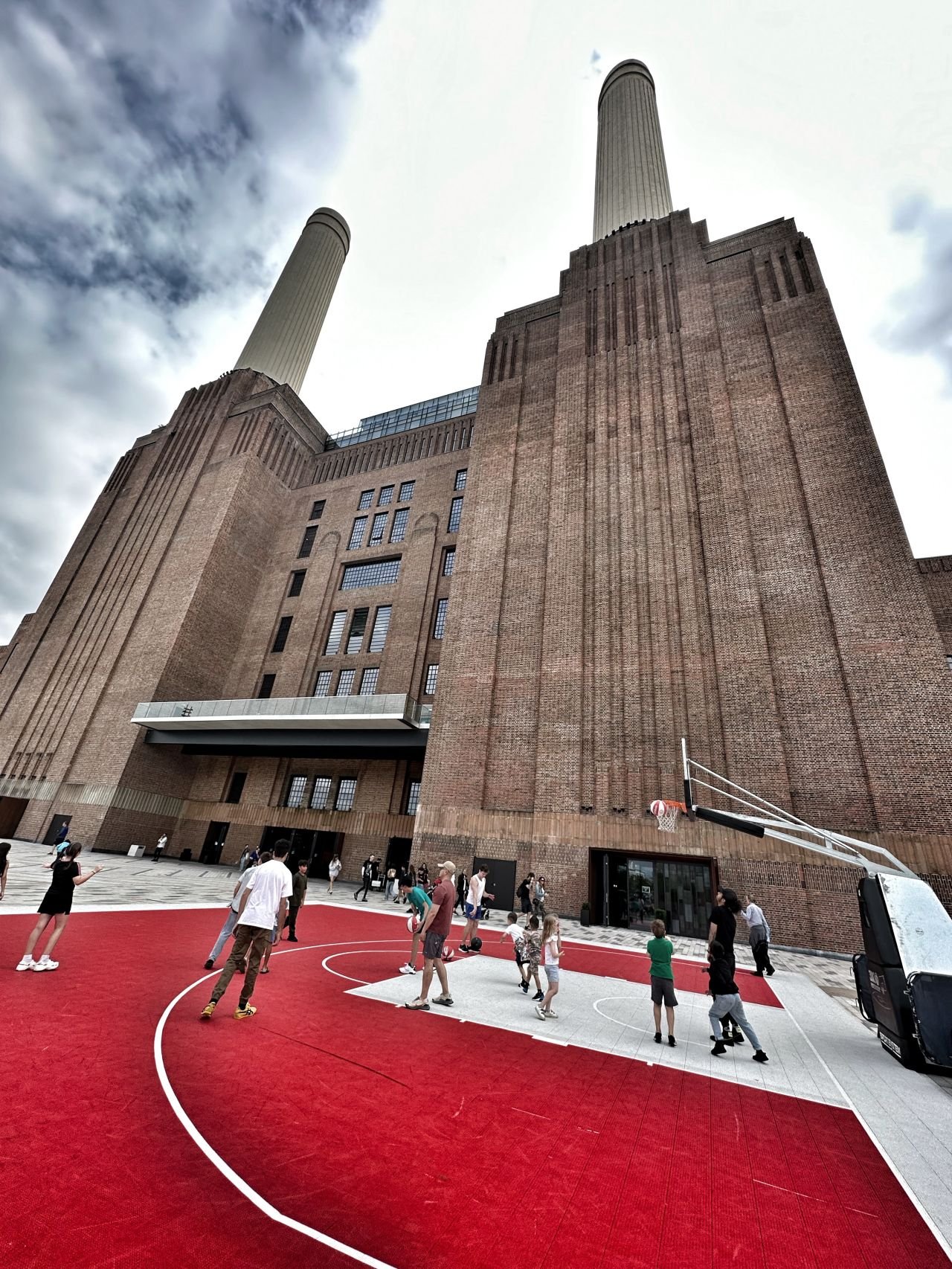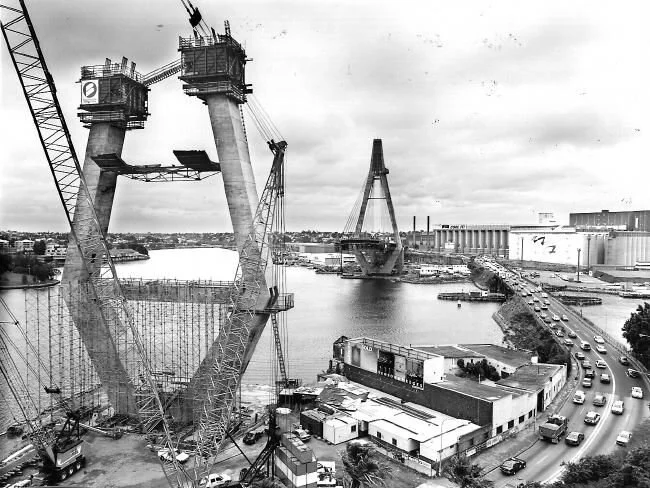I was so psyched to head to Notting Hill Carnival the first time a couple of years ago. Coming from an Australian city (which tend to be pretty damn conservative), seeing thousands of people from all walks of life dancing, drinking and cruising about the streets was actually a bit of a shock.
... Just take a look at the footage of these cops dancing in 2013... and again in 2015.
While the festival is particularly West Indian/Caribbean in nature, just about everyone I've met in London appreciates that the Carnival is a major cultural asset to the city - even if they don't particularly like heading there themselves.
What I've found super interesting is the fact that the event takes place in a super affluent residential neighbourhood. If you were to tell a bunch of wealthy residents living in leafy neighbourhoods in just about any city in the world that for two days of the year hundreds of thousands of people would be drinking and dancing on their doorstep for a couple of days, I imagine you'd be met with some pretty fierce resistance. Apparently not in Notting Hill.
This year I was keen to find out a little more about how this whole event has unfolded. So before taking off over to West London with my partner in crime, I decided to do a bit of research. Surprisingly, I found that the Carnival is even more important to the city than I first imagined!
... In short, there was a severe race riot in Notting Hill in the late 50s. This was predominantly sparked by far right groups attacking people in the streets and urging London residents to "Keep Britain White". With the seeds already planted by Claudia Jones' St Pancras Carnival event in 1959, social worker Rhaune Laslett organised the 1966 Notting Hill event with the aim of getting people out on the streets and dancing for cultural unity. Riots throughout the 70s threatened to ban the event, and overcrowding has threatened to have it moved to different locations. But thankfully, much has stayed the same as it was in 1966.
From learning this little bit of history, I realised that Carnival is more than just another street party, or music festival. Instead, it acts to epitomise the struggles that have been overcome to create the (relatively) open-minded and socially-liberal city that London is today.
Whether we remember or not, London has been the epicentre of major social movements which have been integral in shaping western society as we know it. West London, including the Notting Hill Race Riots and the Carnival, are important aspects of this history.
Notting Hill Carnival hasn't just been created by some smug marketing dude in an office. It's evolved from a super important moment in London's social history. And because of this fact, what happens at Carnival in 2015 continues to play a role in how the city is evolving, and is perceived to be evolving, today. By bringing together a dynamic mix of cultures, Carnival reminds us how we've progressed. It also reminds us how much work we still have to do. The occasional bits of 'civil unrest' that occur at the event continue to play an important part in recognising the bigger picture.
While racial tensions still exist, we (arguably) live in a far more unified city than we did in the past. While we all know London is not perfect, to me, this festival epitomises a city that (at least tries to) respect its history, learn from its mistakes, and embrace a multicultural and unified demographic future.
Hanging out in a gutter, listening to Jamaican drumming and drinking a Red Stripe last weekend made me proud to live in a city that gives its residents the liberties that this city does. If these liberties didn't exist in London, I wonder if western society would even be where it is today.
Having lived in, and travelled to, some pretty damn conservative places in my time, I've realised that giving people the chance to free-up, let loose and dance in the street (for free), does wanders for a city.
Have you ever been to Notting Hill Carnival? What do you think? Comment below and have a watch of the 'neighbourhood check' clip below!
All photos by Tom Oliver Payne from Notting Hill Carnival, 2015.














